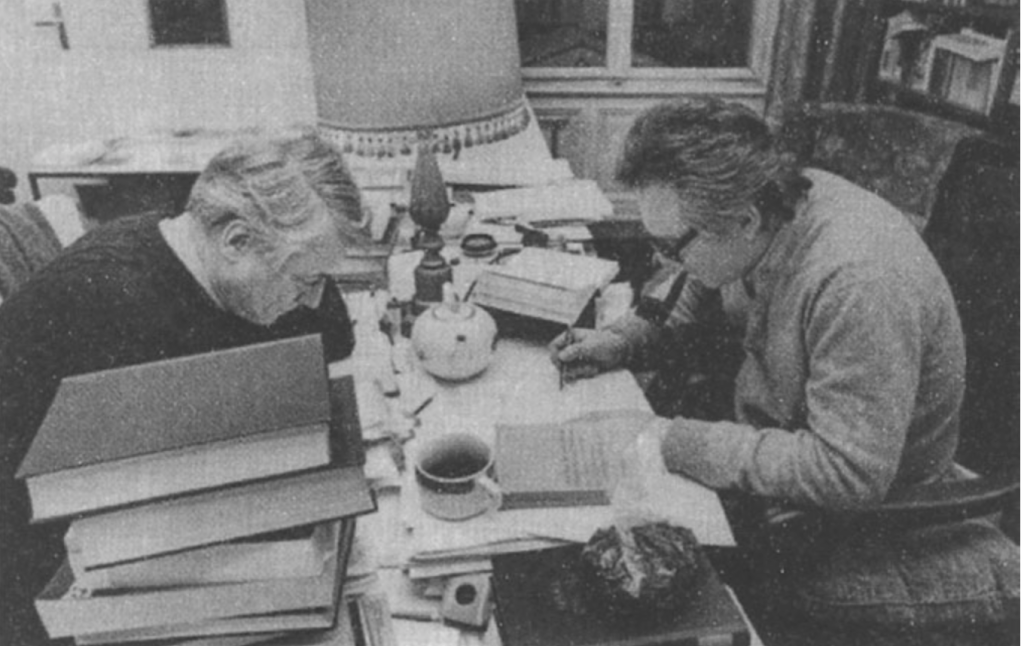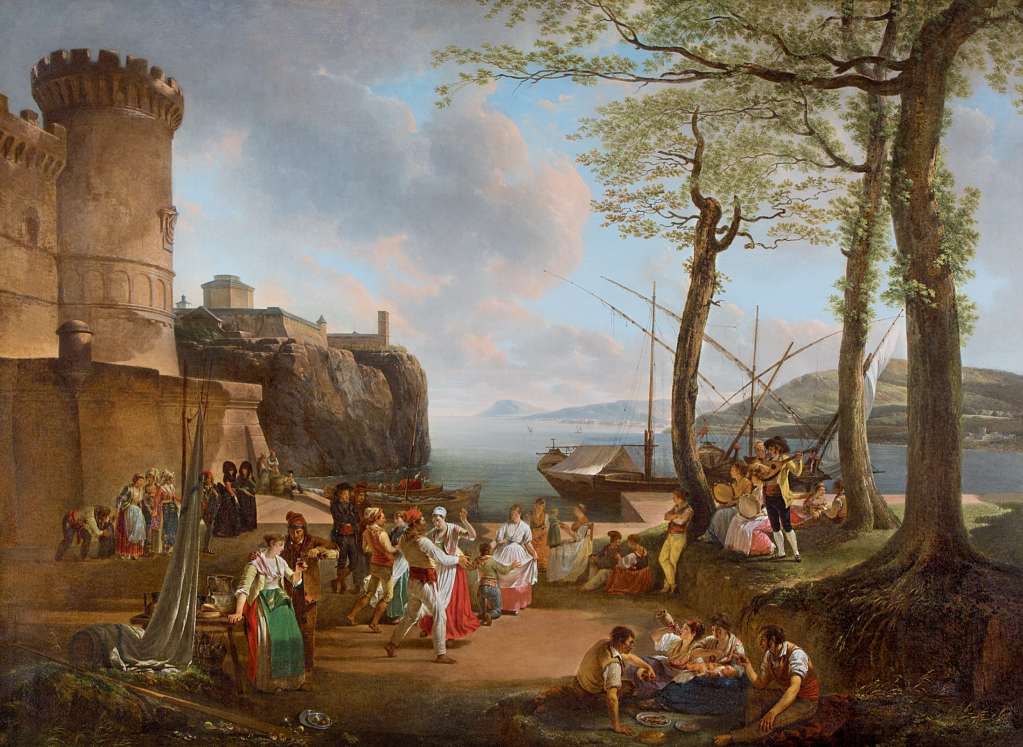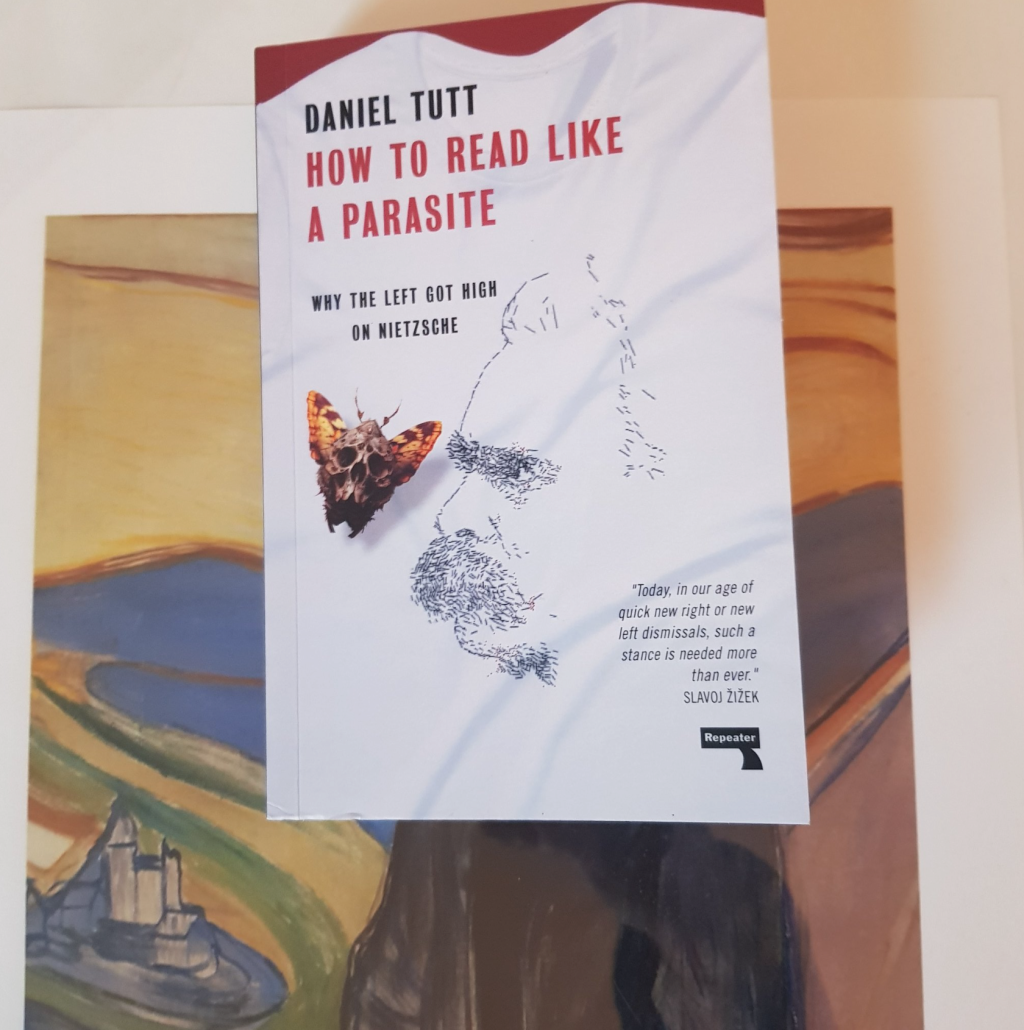Todd Phillip’s Joker is a film about class war in utero. The film sets the stage for a coming political world in which the class war in Gotham has been named and elevated to the undeniable antagonism that situates the injustice of society.
The film is also a psychobiography of an antihero’s journey into this political terrain. The film is thus a pre-political portrayal of a coming revolutionary situation in Gotham. Similar to Taxi Driver, the film brings the viewer into the psychotic structure of the antihero’s delusions. The film thus calls for a psychoanalytic reading.
[SPOILER ALERT]
Joker is a Lacanian film if there ever was one, in that the Lacanian conceptual apparatus really helps us make sense of the Joker’s (Arthur Fleck’s) development as a character.
The best place to form both a political and psychoanalytic reading of Joker is by looking at the murder of the two fathers in the film: Thomas Wayne and Murray Franklin.
Early on in the film we learn that Arthur Fleck forms a paternalistic identification with Murray Franklin, a Johnny Carson esque talkshow host. In watching the Murray show in the comfort of his mother’s bed, Arthur fantasizes that Murray is a father figure to him, more precisely he fantasizes that Murray calls on him as an audience member and forms a compassionate solidarity with Arthur’s absent father at home. Murray thus forms the father of the symbolic for Arthur, and Arthur imitates the fantasy of Murray’s show in all of its televisual mediation. This imitation helps Arthur to painfully become a stand up comedian. The film very brilliantly switches in and out of delusion and reality such that the viewer is often unsure what is actually happening or is a figment of Arthur’s delusions.
We are also introduced to Arthur’s mother and we learn that she too suffers from delusions. The primary delusion she formed was also around the idea of a father figure, in this case it was Thomas Wayne, her former employer. Her delusion is that Wayne impregnated her and that Arthur’s true father is Wayne himself. Arthur immediately forms a childish and innocent curiosity with Wayne and he seeks to re-connect with Wayne and is denied twice, the first time when he attempts to connect with his supposed half-brother Bruce Wayne, the second time when he confronts Wayne himself at an opera. Wayne embarrasses him and slaps him in the face, infantilizing Arthur and foreclosing the father entirely.
Lacan, in his theory of the mirror stage, develops the idea that the register of the imaginary is a conflictual psychic terrain in which the the other grants the subject a sense of wholeness. The imaginary is formed in the mirror stage in which the identity of the child is formed in the mirror reflection it sees of its body. But this reflection is granted a sense of wholeness from the presence of a protective caretaker (mother or father typically). Thus, the other grants an imagined sense of wholeness to the subject that forms their ego. The film plays with mirrors frequently, where Joker stares at his reflection in painful and empty reflection.
After Arthur experiences this infantilization in his confrontation with Wayne, his situation deteriorates rapidly. His mother is hospitalized, he loses his job and he loses government supported medical care and medication for his delusions and schizophrenia. We are slowly presented with a series of delusions that begin to fall apart, the most telling is that he has not been having a relationship with the neighbor woman as we were led to believe.
Concurrent to all of these breakdowns, Arthur had murdered three employees of Wayne Enterprises on the subway in an almost accidental act. But it became an event that sparked wider insurrectionary sentiments in Gotham and the event is treated as a heroic act for its targeting of the rich.
As his world begins to collapse, Arthur is left to face the imaginary father and the lingering aggressivity that he can’t manage to address. The only way Arthur could address the father of the imaginary is to murder his mother. Once he learns that Wayne was a figment of his mother’s delusion he lashes out and suffocates her in her hospital bed. At the moment he is doing so he addresses the imaginary predicament she placed him in, namely the laughing syndrome he suffers from. Arthur learns that his syndrome is not due to a random syndrome (as his mother had told him) but is caused by intense trauma and abuse she let happen to him as a child.
Arthur’s rage, combined with his mother’s delusion of Wayne as his father, meant that by killing his mother, Arthur was also killing Wayne (the father of the imaginary). Wayne was the father of the imaginary riddled with an aggressivity he could only face except by killing the mother.
But importantly, Wayne is also the father of the real for Arthur and for Gotham’s proleterian underclass. Wayne is the father that Freud discusses in Totem and Taboo, the father that the horde must get rid of in order for any possible justice to come about. It was a brilliant decision for Wayne to be murdered by the mob, not by Arthur because it leaves open a reserve hatred towards what Wayne represents, which will later be transposed onto Bruce Wayne/Batman etc. You will remember that the murder of the primal father is the opening of a possible fair distribution of jouissance in society. The murder of the primal father is the birth of the political.
The crescendo of the film occurs shortly after the murder of the mother/father of the imaginary. Murray Franklin invites Arthur to perform on his television show in order to poke fun at his odd and pathetic comedy bits. As I stated above, Murray is the father of the symbolic because he helped Arthur to mediate his fantasy of the symbolic, such that he is able to exit the imaginary and form a reflection of identity in the social world.
The symbolic world is mediated by the logic of the signifier, not by the immediacy of the imaginary. The other thus cannot be disclosed as a wholeness in the symbolic as in the imaginary unless they are submitted to the superego. The other superego grants a wholeness and a place in the social world. Arthur is at this point unmedicated, de-tethered from his mother’s delusion and is channeling the uprising happening around him that is elevating him to a heroic figure.
His murder of Murray, like the murder of the mother/imaginary father also entails a lucid break from Arthur’s wider delusion. The Joker is born at this moment, and he importantly takes “society” as the responsible category for his situation. This moment of lucidity is reminiscent of the moment of lucidity he had with his mother when he killed her.
The Joker thus abandons the superegoic function he had identified with Murray and transposes a new superego identification with the political uprising in Gotham and murders Murray in an act of new-found solidarity with his true origins–the anonymous orphan of the mob. Although he insisted in his exchange with Murray on the show that he is not “political”, the Joker becomes a newly born political figure after ridding himself of the father of the imaginary and the symbolic.




Leave a comment